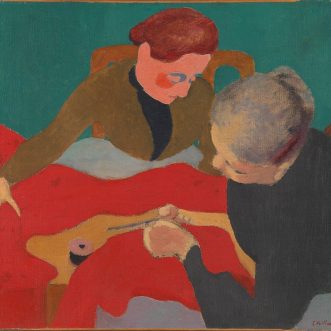March 2, 2023
Years ago, after a holiday in the North East, where we saw the Great North Run kick off, I decided I wanted to join in. I’ve never been a runner, and had no clue how to begin training or where to even start.
After a bit of searching I found a handy spreadsheet online (yes it was that long ago), that would take me from 0 to 5k in about 12 weeks.
The first step was to go out, run for 30 seconds, walk for 90 seconds, run for 30 seconds, walk for 90 seconds – and repeat till 20 minutes was up.
Gradually, the proportion of running to walking stepped up, until by the end we were running for the full 20 minutes, and eventually, for forty minutes. I could run 5k without stopping.
If contemplating 40 minutes of non-stop running when I couldn’t run a step was daunting, imagine the thought of getting everything about your Ideal Customer Experience written down as a score. Paralysing.
Luckily, you can just get going with with a tiny part of it. Here are some ideas of where you could begin:
- With something really simple, almost ‘trivial’, like how you open for business each working day, and how you close. You’ll be amazed what a difference a clear, shared routine makes for everyone.
- With the most painful part of your Customer Experience. Where you get most questions from clients or team members, where you have to intervene most often to put things right.
- With the easiest part of your Customer Experience. Where writing it down will enable you to delegate the process to others quickly, so you get the headspace to think about the more painful parts.
Like learning to run, it gets easier as you practice, especially if you have a coach alongside you correcting your stance and your style.
But the most important thing is to start. Here. Now.
Discipline makes Daring possible.
Ask me how.










